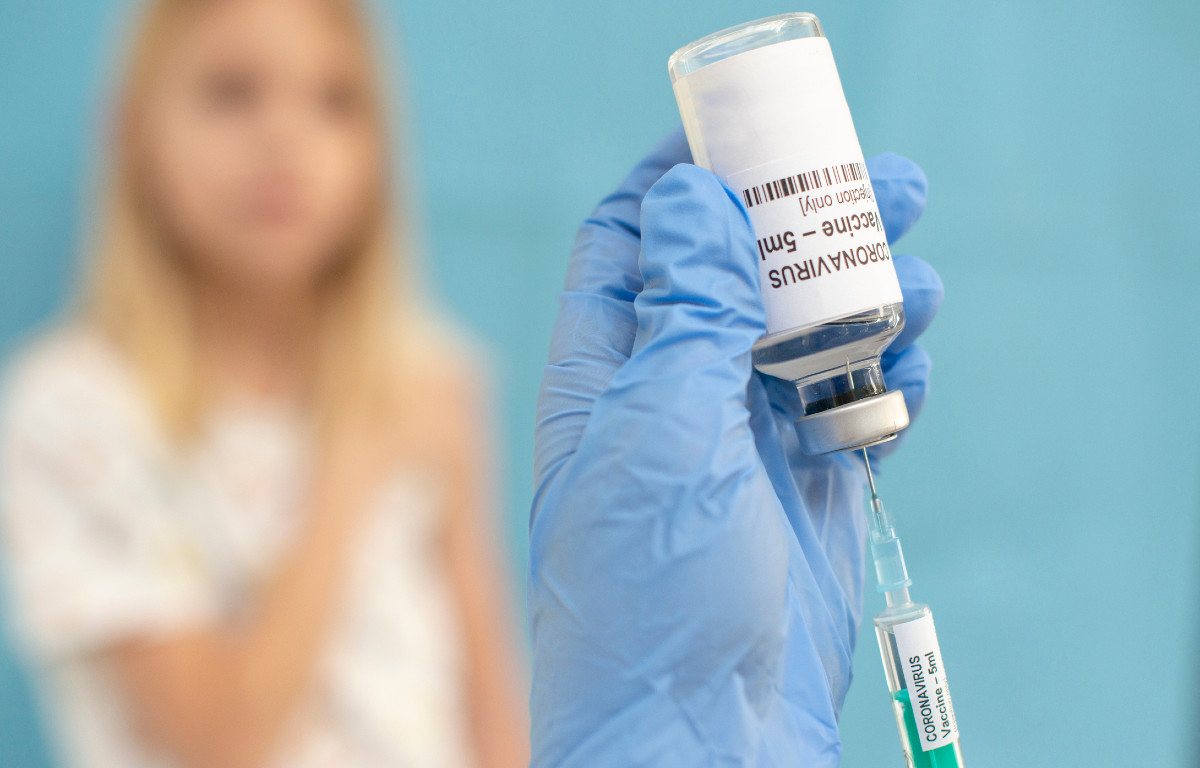
Don’t rush to take the Russian coronavirus vaccine—or the first U.S. vaccine, for that matter.
I am an infectious-diseases specialist and a virologist by training. I’m also a very strong advocate of the use of vaccination to prevent bacterial and viral infection. Since 1796, when the first cowpox vaccine was introduced to protect against smallpox, no medical or scientific advance other than improved sanitation has proved to be a greater contributor to human health and survival than vaccination.
However, there are two important considerations about vaccines that should make everyone pause before rolling up their sleeves when a COVID-19 vaccine becomes publicly available. The first is proven efficacy. This proof must come from a well-done phase 3 trial—whether of a Russian vaccine or a different one—that demonstrates disease prevention when a person is exposed to the target pathogen. This exposure can be natural if the disease is prevalent, as influenza is, or through purposeful exposure to volunteers.
The second consideration is caution about unintended adverse effects, which, though rare, do exist. While much unfounded noise has been made by “antivaxxers” about the potential dangers of vaccination in general, it appears that in this case, neither the Russians nor we have had sufficient time to demonstrate either the efficacy of a COVID-19 vaccine or the lack of significant side effects.
Still, all of our hopes for dealing effectively with this coronavirus in the future are centered on the rapid development and widespread use of a vaccine. So what should we look for in any possible SARS-CoV-2 vaccine?
- It should be able to be made in huge quantities so that hundreds of millions of people worldwide can be vaccinated in a relatively short period of time. We have seen that the virus knows no geographic boundaries. If we make and provide only enough vaccine to administer it to some populations in developed countries, we will not deal effectively and definitively with the worldwide pandemic.
- The vaccine must be relatively stable at reasonably obtainable Temperature stability was one of the most important biologic characteristics of the smallpox vaccine, enabling it to be shipped and stored for use at a time when and in places where refrigeration did not exist. Some of the vaccines currently under development appear to require storage in extremely low-temperature freezers―not available anywhere except research laboratories.
- It should require only one, or possibly two, shots to provide durable immunity. While this measure of a successful vaccine is seen in the measles-mumps-rubella vaccine, it is not realized with the influenza vaccines, which require annual shots. This is because with the latter, immunity wanes a few months after vaccination and the virus changes its outer coat annually, rendering previous immunity less effective. There is already some evidence that the SARS-CoV-2 virus changes its outer coat and can cause second infections in patients who have some immunity to the first coronavirus strain that infected them.
One more caveat: Don’t expect that any coronavirus vaccine will eliminate the risk of COVID-19 infection in the future. The success in eliminating smallpox is primarily because there are only human hosts for that virus. Therefore, vaccinating a large part of the world’s population led to the disappearance of the disease. We already know that there are animal hosts for SARS-CoV-2, so elimination of this virus from the face of the earth is highly unlikely, if not impossible.
While we are waiting for a COVID-19 vaccine, it is more important than ever that people―especially all healthcare workers―receive the seasonal influenza vaccine, because infection with both the COVID-19 and influenza viruses will certainly increase morbidity and mortality.
I am an 83-year-old who wishes to live and remain active; no one could be more eager for an effective and safe vaccine than I. But a rush to be first, which may be engendered by political motives, is not the way to deal with this terrible pandemic. The politicization of coronavirus vaccine development will undoubtedly result in the distrust of any initial vaccines that are rushed into development and testing. This, in turn, will result in suboptimal proportions of the population being vaccinated. While I must plead guilty to adding to this skepticism at this time, suboptimal initial vaccination seems preferable to massive inoculation with a vaccine that is either ineffective, dangerous, or both. Let’s take the time to do it right.

